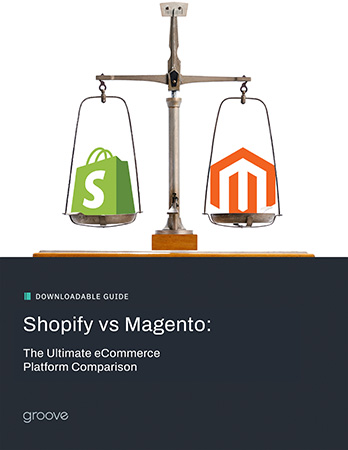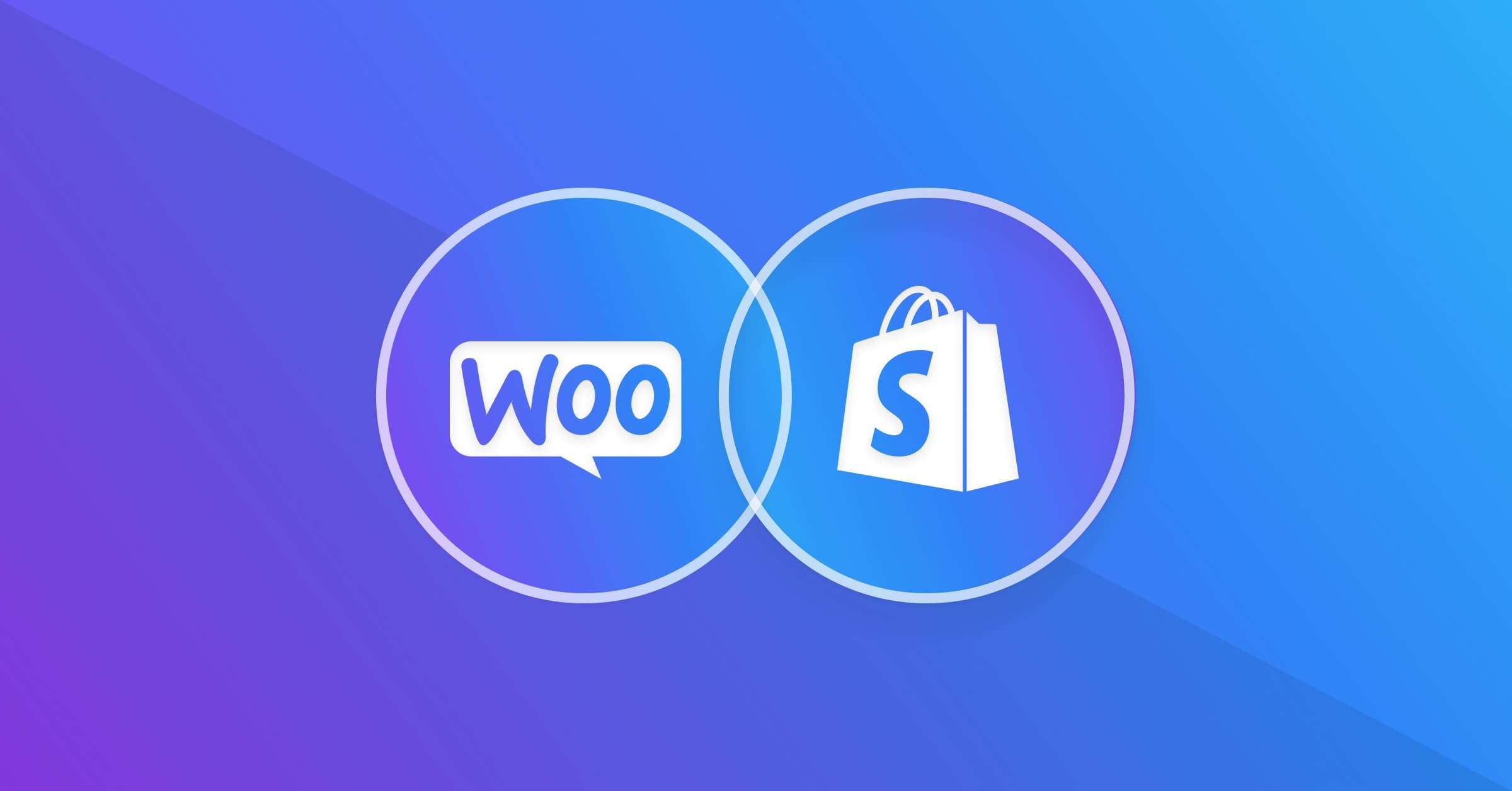WooCommerce vs Shopify
When you search the web for comparisons of WooCommerce vs Shopify, you’ll come across various eCommerce merchants sharing their honest opinions through detailed reviews. As all online merchants know, your selected eCommerce platform is what sets your business up for success. Conducting research and choosing a platform wisely is key to mastering eCommerce.
How are you supposed to know whether to choose WooCommerce vs Shopify? In this blog, we’re detailing the key differences between the two platforms from an eCommerce agency perspective to help mid-market and enterprise-level businesses evaluate the platform that best suits them.
WooCommerce: Open-Source eCommerce
Built on WordPress, WooCommerce is a highly customizable, open-source platform suitable for small to enterprise level eCommerce merchants. It’s an optimal platform for merchants who are just getting started with eCommerce or are bringing their brick and mortar store online.
Limitless Customization
WooCommerce offers complete customization. Use code to customize your eCommerce store as much or as little as you please, and add features to expand functionalities using extensions from the marketplace.
Scalable
To be scalable means to have the ability to expand rapidly as an eCommerce business grows. Scalable eCommerce platforms offer quality service, respond effectively to a business’s growth and don’t overcharge their customers as their businesses grow. With WooCommerce’s infinite product variations, ability to handle large volumes of orders and flat rate pricing, the platform checks off all three of these scalable features.
Free To Use, But Has Additional Costs
Since WooCommerce is an open source plugin, it’s free to eCommerce merchants. WordPress is also free to merchants, but there are costs associated with creating an eCommerce website, such as SEO, security and more.
Though WooCommerce software is free, hosting costs anywhere from $5 to $100 per month via a third party. An SSL certificate costs $0 to $100+ per year via a third party, and a top-level domain costs $9 per year via a third party. A further breakdown of WooCommerce pricing is explained in this blog.
WooCommerce is the cheaper solution up front but proves to be more labor intensive than Shopify when it comes to setting up an eCommerce store. Just remember to stay aware of your budget because each extension has its own cost.
Shopify: SaaS eCommerce Platform
Shopify Plus is a leading Software-as-a-Service (SaaS) eCommerce platform among mid-market and enterprise level merchants. It maintains the merchant’s servers, runs upgrades and responds to issues.
Hosted Software
If you’re unfamiliar with SaaS, it is software that is licensed to a user and accessed through a browser without external hosting. A notable benefit of SaaS is that eCommerce merchants are not required to maintain the software themselves. SaaS platforms host content instead of requiring external solutions.
Multichannel Integration
One of Shopify’s perks is the ability for merchants to sell their products or services on multiple channels. Shopify integrates with social channels such as Instagram, Facebook, Twitter and more. This multichannel integration makes it easy to keep track of customers and the products they order across all channels.
Pricing
Hosting an eCommerce store on Shopify costs $29 per month, and an SSL certificate is included for free. The top-level domain costs $9 per year, just like WooCommerce. When comparing WooCommerce vs Shopify pricing, Shopify has a clearly defined pricing structure. It has various packages from basic to advanced that offer an assortment of features.
Looking for More Shopify Comparisons?
Not convinced that either WooCommerce or Shopify is right for you? Our team has created many Shopify comparison blogs for you to explore.
Conclusion
We hope this blog has helped you evaluate WooCommerce vs Shopify. With (almost) 15 years of eCommerce agency experience, Groove Commerce generally recommends that our clients, who are mid-market to enterprise level, use Shopify over WooCommerce.
If you’re not quite sold which platform is right for you, we encourage you to conduct more research on alternatives. Remember, the platform that works best accommodates the needs of one merchant does not necessarily mean that it accommodates all eCommerce merchants.
Need additional support in migrating your eCommerce store to a different platform? Connect with us through the form below; we’re happy to help!

eBook
Shopify vs Magento: The Ultimate eCommerce Platform Comparison
Explore tags:
About the author
Subscribe to the Groove Newsletter
Get the latest updates and insights straight to your inbox






